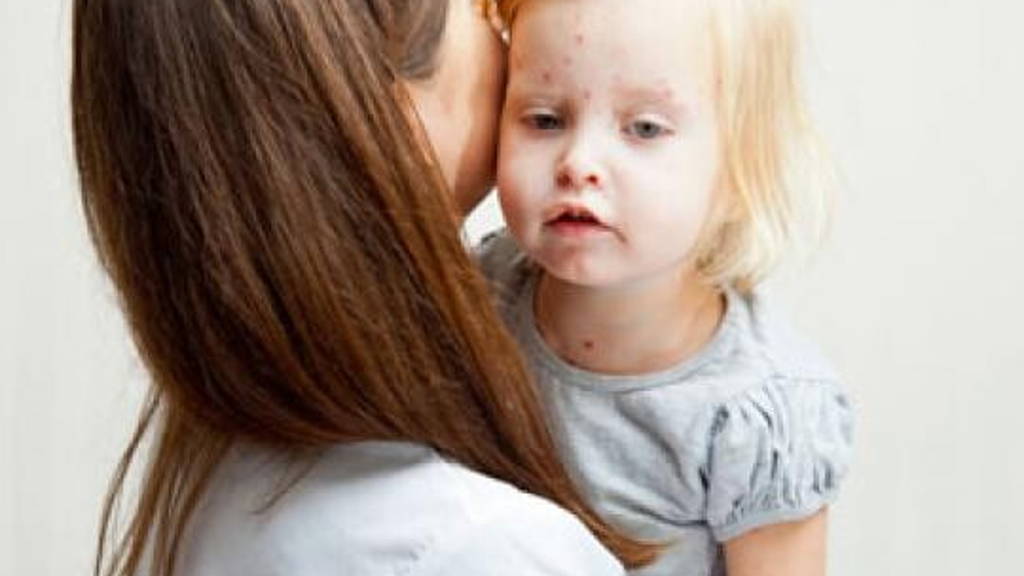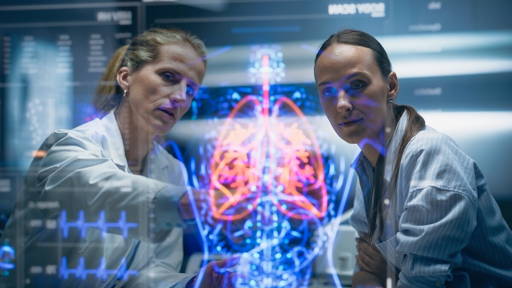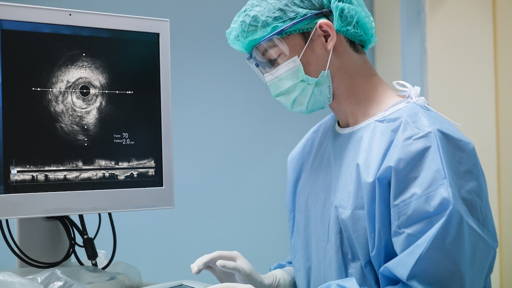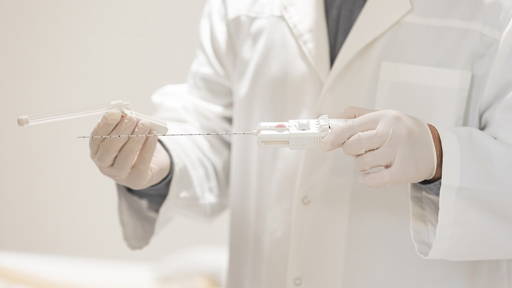An international research group led by the Murdoch Children's Research Institute (MCRI) and the Royal Children's Hospital (RCH) has developed an AI system that can accurately detect small brain abnormalities in children with severe epilepsy. These abnormalities, known as focal cortical dysplasias, are often barely visible on standard MRI scans. With the new AI tool, they can be detected in up to 94% of cases.
This means that children can receive a correct diagnosis more quickly and be eligible for epilepsy surgery, which significantly increases their chances of a seizure-free life.
Faster diagnosis, better outcomes
According to Dr Emma Macdonald-Laurs, neurologist at the RCH and project leader, early and accurate diagnosis is crucial. ‘By identifying abnormal tissue in a timely manner, we can better tailor treatments and help neurosurgeons perform safer and more effective operations,’ she explains. With the help of AI, not only are seizures reduced, but invasive examinations are often unnecessary. In addition, the technology helps surgeons avoid areas of the brain that are essential for speech, movement and cognitive functions.
The study, published in Epilepsia, examined 71 children and 23 adults with focal epilepsy. It is striking that in 80% of patients, the diagnosis was initially missed by human assessment of MRI scans. By combining MRI with FDG-PET scans, the AI tool was able to locate hidden abnormalities. Of the 17 children in the test group, 12 underwent surgery; 11 of them are now seizure-free.
Major impact on children's health
Approximately one in 200 children has epilepsy, with cortical dysplasia being a common cause. These abnormalities develop during pregnancy and often lead to drug-resistant seizures that can occur several times a day. The result: frequent hospitalisations, negative effects on mood and behaviour, and serious learning difficulties.
Because cortical dysplasias are often difficult to see on routine MRIs, many children are referred too late or not at all for potentially curative surgery. ‘The longer children suffer from untreated seizures, the greater the risk of permanent learning difficulties and intellectual disabilities,’ emphasises Dr. Macdonald-Laurs.
The use of AI can break this pattern. By making abnormalities visible much earlier, the technology opens the door to targeted and often curative treatments. With additional funding, the team plans to further test the detector in children's hospitals across Australia in the coming years.
Researchers from the Royal Children's Hospital, the University of Melbourne, the Florey Institute of Neuroscience and Mental Health, Harvard Medical School and Austin Hospital collaborated on this groundbreaking research.







